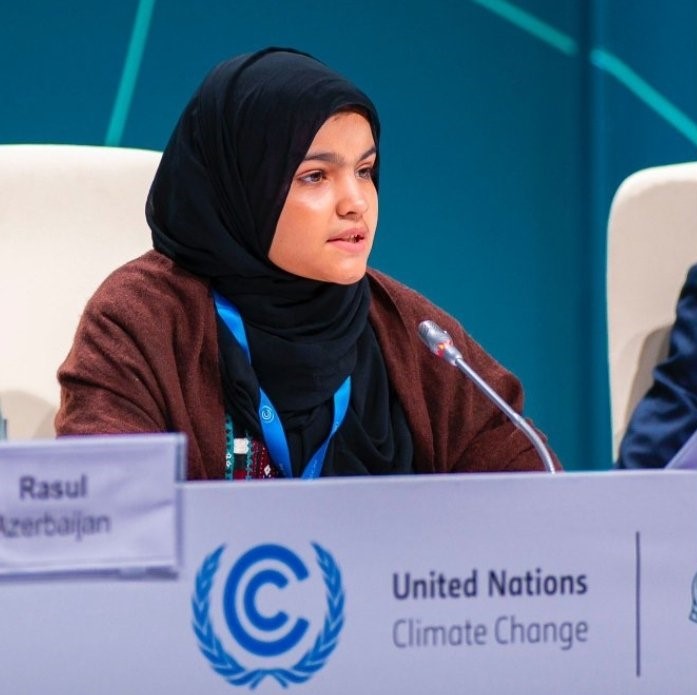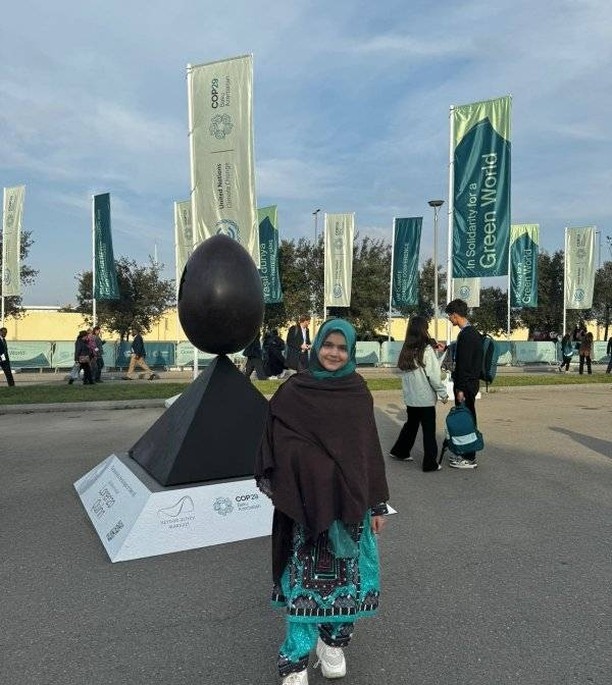ISLAMABAD: Minister for Finance and Revenue Muhammad Aurangzeb met Saudi Ambassador to Pakistan Nawaf bin Saeed Al-Malki on Wednesday and discussed joint ventures and business collaborations as well as steps Islamabad is taking as it navigates a tough reforms agenda mandated by the International Monetary Fund (IMF).
Pakistan and Saudi Arabia enjoy strong trade, defense and cultural ties. The Kingdom is home to over 2.7 million Pakistani expatriates and serves as the top source of remittances to the cash-strapped South Asian nation.
In February 2019, Pakistan and Saudi Arabia inked investment deals totaling $21 billion during a visit by Saudi Crown Prince Mohammed bin Salman to Islamabad. The agreements included about $10 billion for an Aramco oil refinery and $1 billion for a petrochemical complex at the strategic Gwadar Port in Balochistan.
Both countries have been working in recent months to increase bilateral trade and investment, and the Kingdom in April this year reaffirmed its commitment to expedite an investment package worth $5 billion for Pakistan.
“Aurangzeb expressed deep appreciation for Saudi Arabia’s consistent economic support to Pakistan, while highlighting the renewed interest shown by Saudi investors in pursuing joint ventures and business collaborations with Pakistan’s private sector,” Radio Pakistan said on Thursday.
“Aurangzeb noted the significant outcomes of the high-level business delegation’s visit from Saudi Arabia to Pakistan in May, aimed at exploring investment opportunities, expanding bilateral cooperation, and scaling up partnerships across diverse sectors.”
The minister also outlined Pakistan’s “positive” economic trajectory, citing key indicators such as currency stabilization, reduced inflation, a surge in remittances, prudent management of the current account deficit and foreign exchange reserves sufficient to cover two months of imports.
“The Minister emphasized that structural reforms are pivotal for ensuring sustainable economic growth and stability, forming a cornerstone of the government’s policy agenda,” Radio Pakistan said.
The report said Al-Malki “commended” the government of Pakistan’s efforts in implementing structural and institutional reforms and reiterated the Kingdom’s “unwavering commitment to contributing to Pakistan’s economic growth.”
“The Ambassador also acknowledged the immense potential for investment and business opportunities between the two countries,” Radio Pakistan said. “He indicated that a Saudi business delegation is expected to visit Pakistan in the coming months to further explore areas for joint ventures and collaborative investments.”
Aurangzeb has said in recent weeks Pakistan will focus on meeting its external financing needs by speaking with foreign governments and lenders to draw foreign investment as well as seeking loan rollovers. The government is also seeking to focus on more sustainable forms of external financing such as direct investment and climate financing.
Pakistan and the IMF reached an agreement for a new 37-month $7 billion loan program in July. The IMF has said the program is subject to approval from its executive board and obtaining “timely confirmation of necessary financing assurances from Pakistan’s development and bilateral partners.”
Last month, Bloomberg reported Pakistan had secured commitments from China, Saudi Arabia and the United Arab Emirates to roll over debt for a year, a boost for Islamabad as it awaits final approval of the IMF loan program.
Rollovers or disbursements on loans from Pakistan’s long-time allies, in addition to financing from the IMF, have helped Pakistan meet its external financing needs in the past.
Tough conditionalities placed by the IMF, such as raising tax on agricultural incomes and lifting electricity prices, have unleashed street protests and prompted concerns about poor and middle class Pakistanis grappling with rising inflation and the prospect of higher taxes.
Pakistani finance minister discusses joint ventures, business collaborations with Saudi envoy
https://arab.news/csckd
Pakistani finance minister discusses joint ventures, business collaborations with Saudi envoy

- Last month, Pakistan said it had secured commitments from China, Saudi Arabia and UAE to roll over debt for a year
- Debt rollovers will be a boost for Islamabad as it awaits final approval of a $7 billion IMF loan program signed in July


















